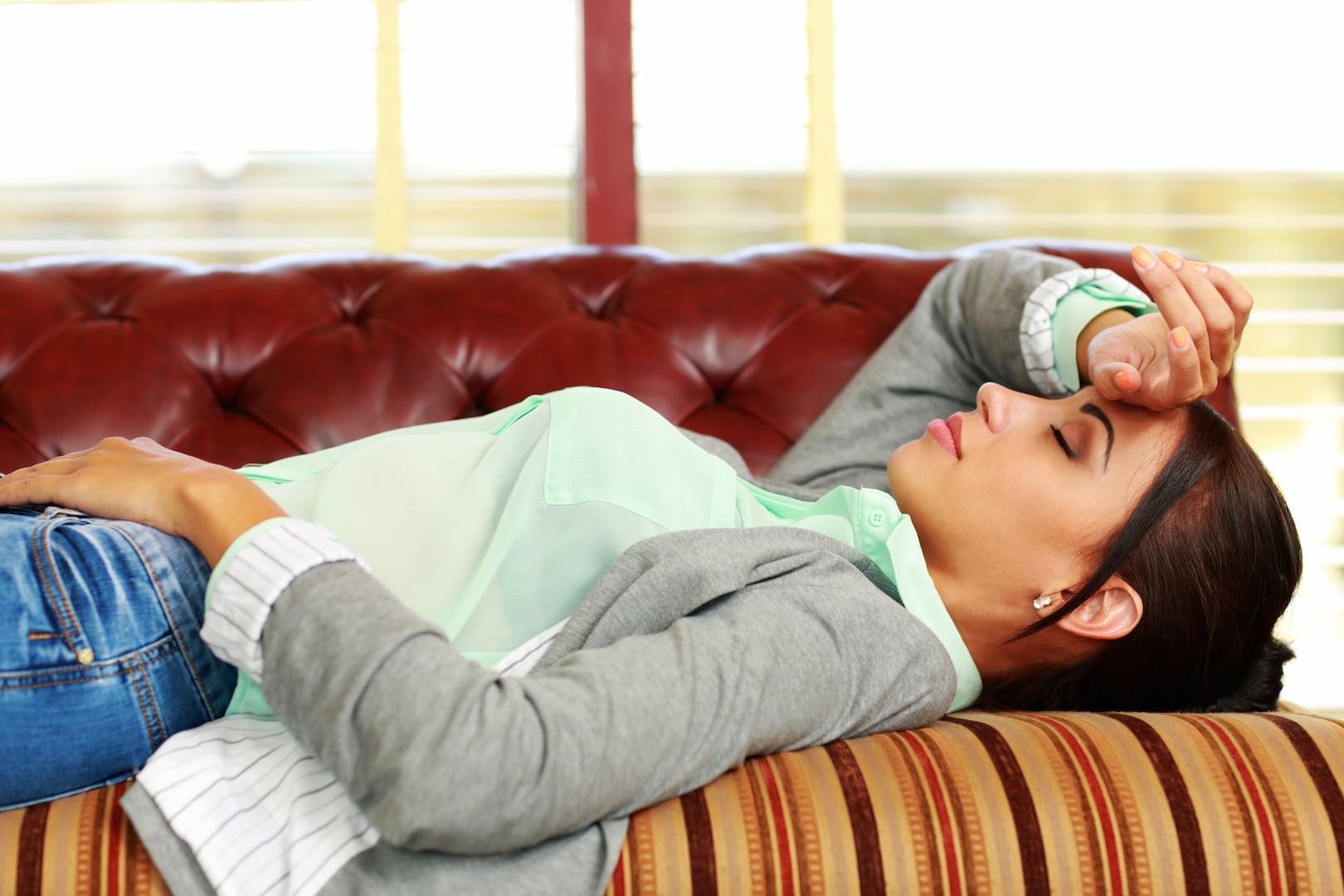- BY Jane Trygar
- POSTED IN Gluten-Free Life, Support
- WITH 2 COMMENTS
- PERMALINK
- STANDARD POST TYPE

Anyone who has been ‘glutened’ knows it only takes a teeny tiny bit of the stuff to make you feel absolutely miserable. I experienced my first ‘glutening’ on a family vacationing to Disney World.
Our waiter seemed receptive to the explanation of my disease – please use all gluten-free ingredients and prepare my food in a separate space with separate utensils. Check and check.
He brought out a basket of “gluten-free” rolls and I took a bite. With one taste I knew something was up. I spit the roll into my napkin and dashed for the bathroom. Within an hour, I was sick to my stomach. It took me a full two months to recover.
Most celiacs I know have had several similar experiences during their lifetime. Having to fortify yourself against accidentally ingesting gluten goes hand in hand with developing self-care practices for the occasional accident.
During my time with celiac disease, I’ve found these eight tips to be particularly helpful towards gluten-recovery. I hope this help you, but remember – everyone is different. When recovering from a glutening, the absolute best thing to do is listen to your own body and do what makes you feel better.
8 Fast and Easy Gluten Contamination Recovery Tips
- Make a commitment to self care. We can be our own worst enemy when it comes to the constant pressure we put on ourselves. This is especially detrimental when you’ve been glutened. Accept that you’re sick, and will take time to heal. Eliminate ‘should’s and ‘ought to’s from your vocabulary. Do what’s best for you, unapologetically. Make an effort when you can, and rest when you need to.
- Create or find a comfortable environment. It’s time to relax. Wear loose-fitting clothing to accommodate bloating. Run a warm shower or epsom salt bath. Bring a heating pad with you to work to soothe cramps.
- Get some sleep. Lay out your fluffiest pillows and billowiest comforter and snuggle up. Immediately after you’ve been glutened is a good time to lay down and rest your eyes. Some find that popping a benadryl can help sleeping come easier, as many celiacs experience an uncomfortable combination of drowsiness and insomnia when glutened.
- Fill up on fluids. Lemon water, pomegranate juice, coconut water, ginger tea, mint tea, marshmallow tea – everyone has their own personal favorite liquid remedy for glutening. Drink lots of fluids, especially those with digestive enzymes that will help settle your stomach.
- Eat smart. It helps me to fast or only eat light foods for the first day or so after I’ve being glutened. Anything more than hot broth or other light fare seems to make my symptoms worse. Once I feel like I’m starting to heal, I stick to naturally gluten-free foods. Additionally, I try to avoid anything my stomach isn’t used to, and don’t eat out or otherwise risk a double-glutening.
- Medicate when necessary. A lot of folks associate detoxing with eliminating any and all substances foreign to the body. I find, however, that sometimes a little medicine helps me do what I need to do to be a functional human being while ‘under the influence’ of gluten. I’ll have a little caffeine to get through the day, along with ibuprofen (not everyone can tolerate meds, check with your doctor) for the anti-inflammatory effects. Others recommend digestive enzymes or probiotics, GlutenEase, charcol pills or l-glutamine. Antiacids may provide some relief (just make sure they’re gluten-free – Tums is not!). If you do decide to take them, be sure to double-check that they don’t contain anything that will make you sicker. I personally don’t like to risk the potential glutening.
- Pay close attention to your thoughts and self talk. I often forget that anxiety and depression are both symptoms of being glutened. If you find your mind starting to race or notice you’re feeling depressed, try writing down your thoughts and evaluating them. You’ll likely find that they’re way off base from how you usually think or feel. Separating your thoughts from your experience will keep them from overwhelming you while you recover.
- Communicate your discomfort. Let people close to you know what’s going on. Tell your partner, your best friend, a friendly co-worker. If the people around you know what’s going on, they can provide support and empathy, and help you delegate tasks.
The best way to discover the best way for you to cope with a glutening is to try out anything that seems like it could work for you. Keep a small notebook or Word document of things that seem to work so when you’re in the midst of a glutening, you know just what to do.
For more information and tips, check out these helpful articles:
- Glutening Recovery
- Tips for Recovering from Gluten Contamination
- Honor Your Body: How to Recover After Being Glutened
Have you found that these recovery tips help you feel better? Have you perfected your own personal post-glutening ritual? Let us know in the comments.

